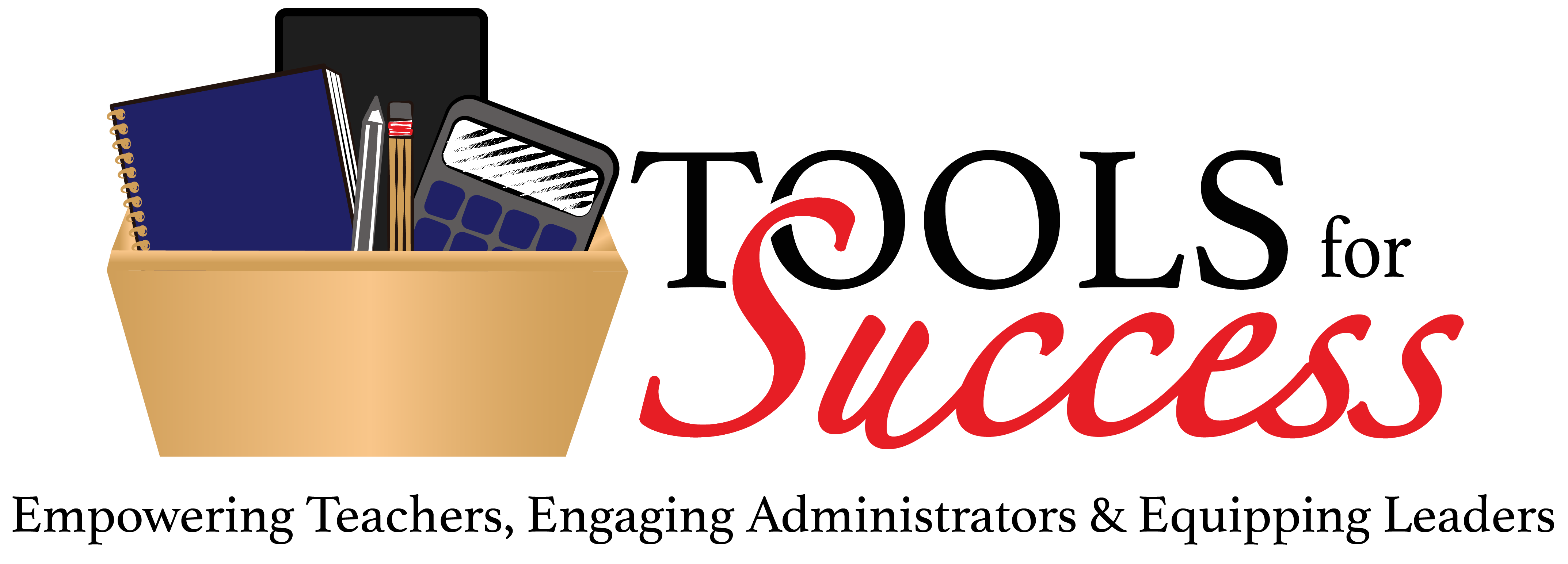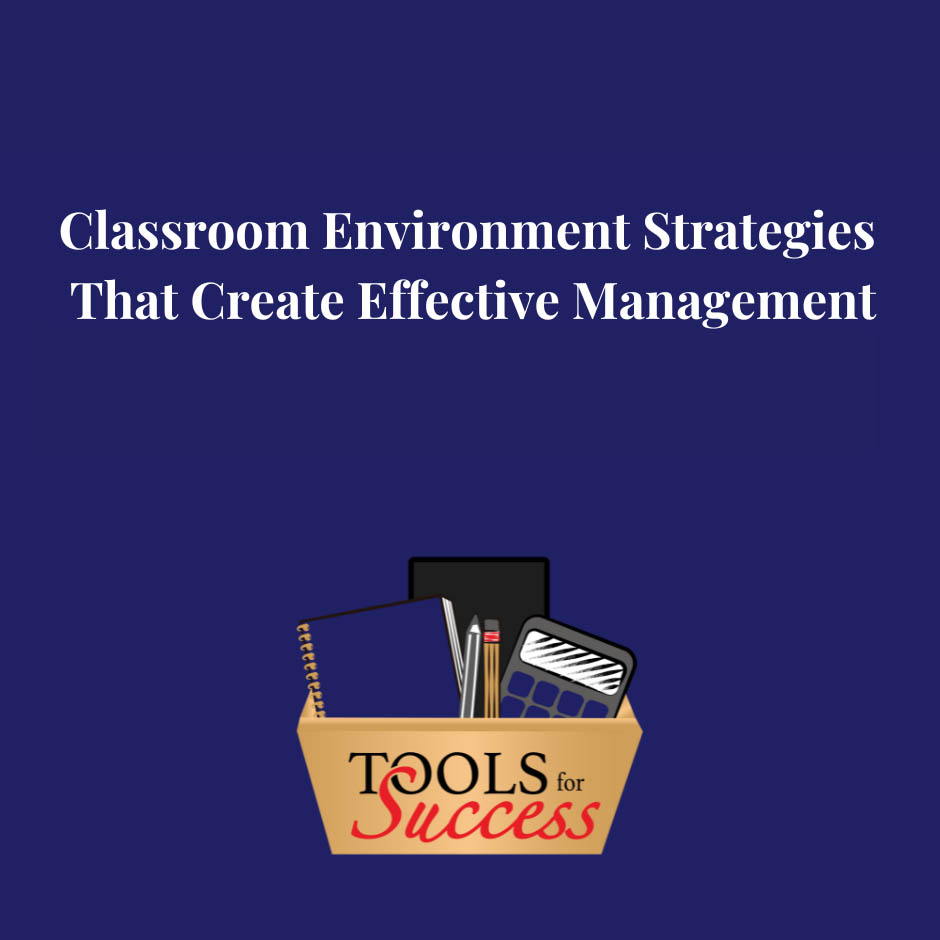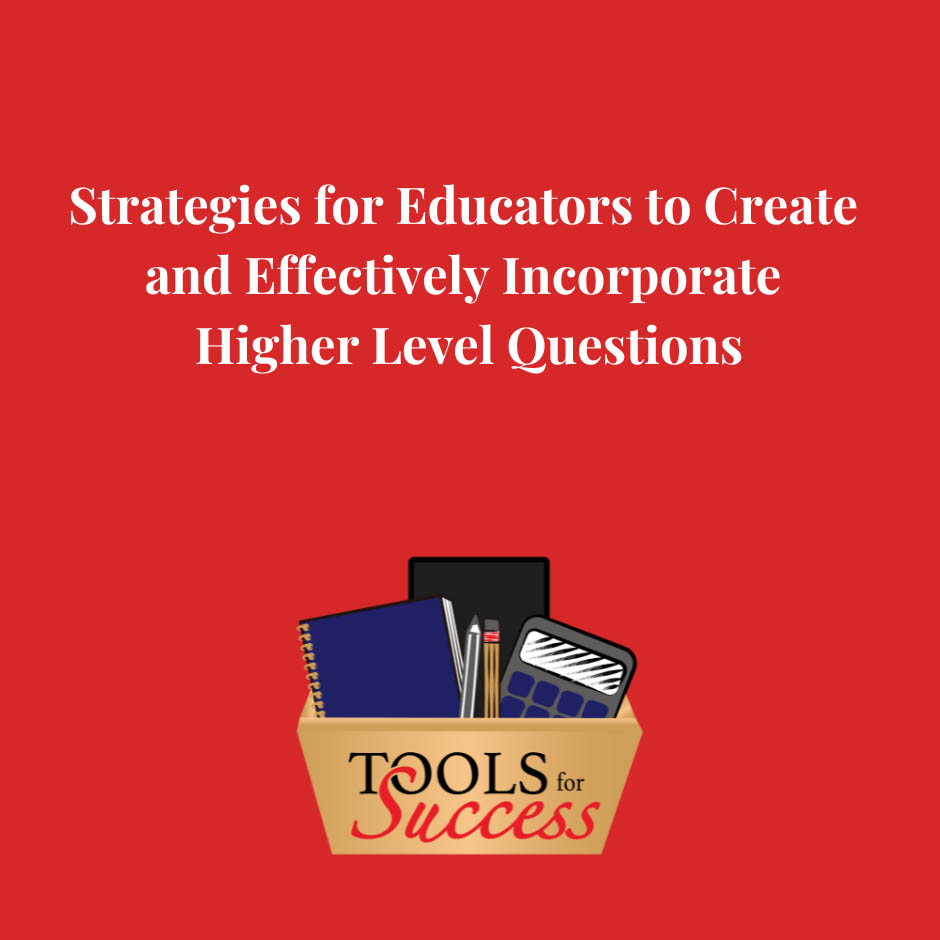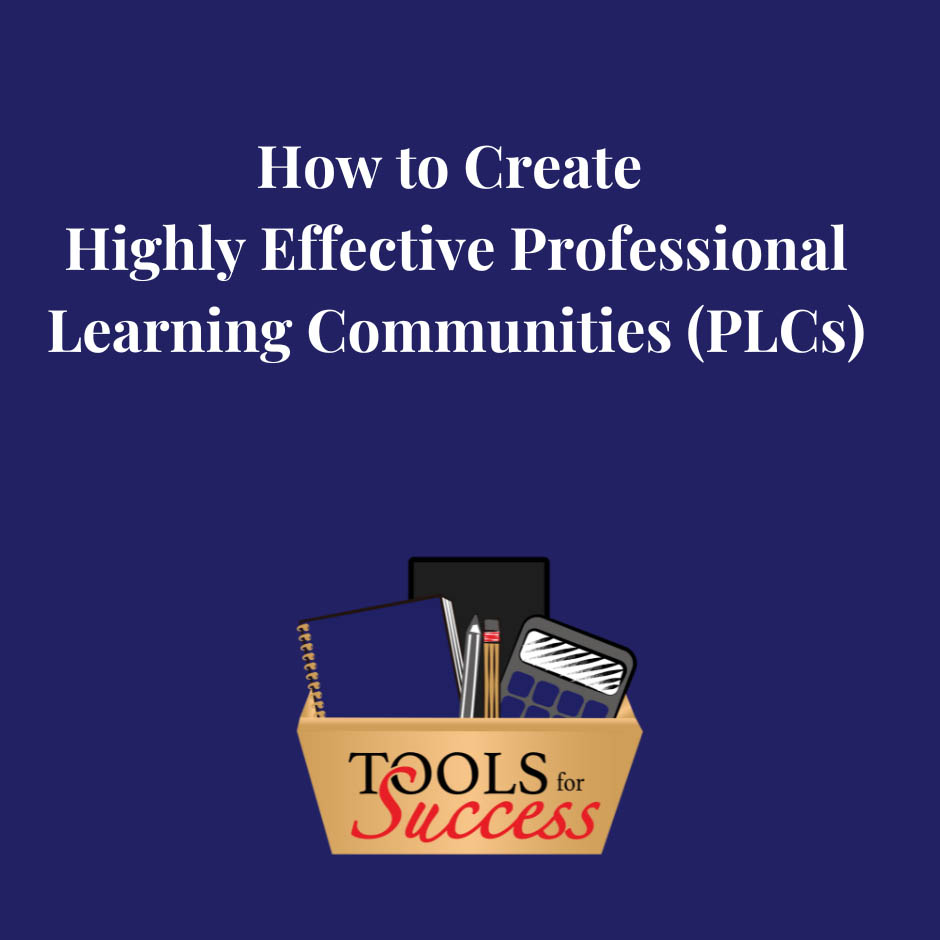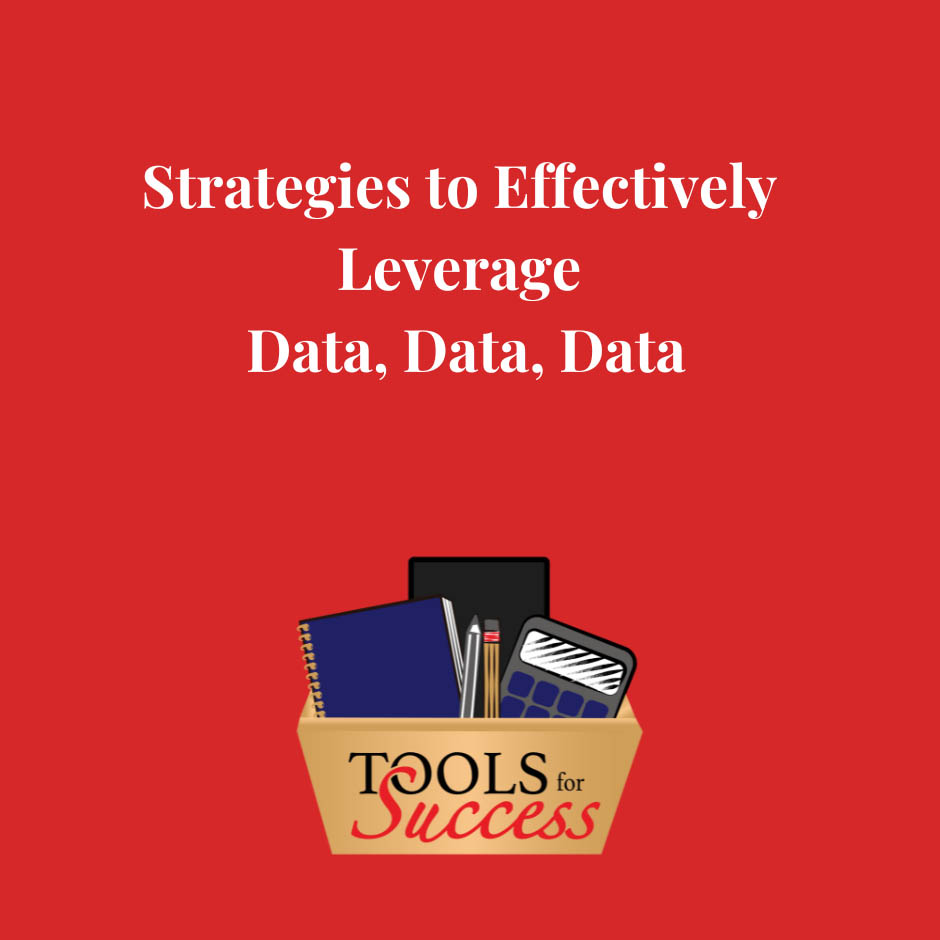Online Professional Development for K-12 Educators
Getting started is as easy as 1-2-3.
Step 1 – Select the COURSE you would like to purchase.
Step 2 – Select the DATE you would like the video access to begin. Reminder, you will have unlimited access for 30 days. Therefore, please select the date you would like the access to begin. For your convenience, you may schedule up to 6 months in advance.
Step 3 – Checkout! Once the checkout process is completed you will receive a copy of your signed agreement and a link to the video accessible on the start date you selected. An invoice will arrive a few days later.
Empowering Teachers, Engaging Administrations and Equipping Leaders Together.
Classroom Environment Strategies That Create Effective Management
Full Day Professional Development (approximately 6 hours to complete).
Price: $999
Before we start creating rules for our classroom, let’s start with what kind of experience you want your students to have in your room. Start with the end in mind. How do you want your students to feel? This professional development course provides educators with the tools to intentionally create and manage an inclusive classroom environment aligned to student needs as well as your teaching style.
Skill Building for Educators in this Workshop:
- How to create your successful classroom
- Classroom management best practices
- Creating classroom rules in alignment with your vision to best serve your students and create a welcoming environment conducive to learning.
Effective Classroom Management can significantly improve student outcomes in various ways:
- It’s not about the rules… It’s about the environment teachers create for their students.
- Empower students to learn based on their needs.
- Consistent and clear communication between teachers and students.
- Aligned expectations between students and teacher.
After completing enrollment, schools will have unlimited access to this course for 30 days.
Strategies for Educators to Create and Effectively Incorporate Higher Level Questions
Half Day Professional Development (approximately 4 hours to complete).
Price: $499
Teachers typically ask 300 to 400 questions per day. Higher-level questioning in K-12 education is not just about challenging students; it’s about equipping them with essential skills for academic success and lifelong learning. This professional development course provides educators with practical skills and knowledge to enhance their teaching practices, ultimately benefiting their students by preparing them for academic and real-world challenges.
Skill Building for Educators in this Workshop:
- Understanding Higher-Level Questions: Teachers will first learn about the different types of higher-level questions, such as those that promote critical thinking, analysis, synthesis, and evaluation, as opposed to lower-level, fact-based questions.
- Proven framework for categorizing educational goals, focusing on higher-order thinking skills like applying, analyzing, evaluating, and creating.
- Creating Effective Questions: Educators will learn how to construct effective higher-level questions. This includes how to adapt questions to different age groups and subjects.
- Incorporating Questions into Lesson Plans & Classroom Discussion: Strategies for seamlessly integrating higher-level questions into existing lesson plans and classroom discussion, ensuring they align with learning objectives and curriculum standards.
- Reflecting on Questioning Techniques: Teachers will be encouraged to reflect on their current questioning techniques and identify areas for improvement.
The impact educators make for their students by focusing on asking higher-level questions:
- Critical Thinking Development
- Enhanced Problem-Solving Skills
- Encourages Deep Learning
- Improved Communication Skills
- Promotes Creativity and Innovation
- Boosts Engagement and Motivation
- Fosters Independent Learning and Self-Reflection
- Helps Identify and Address Misconceptions
After completing enrollment, schools will have unlimited access to this course for 30 days.
How to Create Highly Effective Professional Learning Communities (PLCs)
Full Day Professional Development (approximately 6 hours to complete).
Price: $999
This professional development lesson is designed to equip educators with the skills and knowledge to develop and participate effectively in PLCs, with an emphasis on the utilization of data to really drive decision-making and improve student outcomes.
Skill Building for Educators in this Workshop:
- Understanding Professional Learning Communities (PLCs): Teachers will gain an in-depth understanding of what PLCs are, their purpose, roles & responsibilities and how PLCs can be effectively used.
- Building Collaborative Teams: Strategies for building collaborative teams within PLCs, focusing on fostering trust, open communication, and mutual respect among members.
- Tools for Success 40-Minute Protocol for PLC Meetings: Teachers will learn Tools for Success’ specific, highly effective protocol for conducting PLC meetings. This includes setting the agenda, focusing discussions on data and student learning, and ensuring productive and efficient use of time.
- Goal Setting and Action Plans: How to set realistic and achievable goals within PLCs and develop action plans to meet these goals.
- Implementing and Monitoring Strategies: Educators will learn how to implement the strategies discussed in PLC meetings and monitor their progress and effectiveness in improving student learning.
- Reflecting and Adapting: The benefits of reflection within PLCs, including how to assess the effectiveness of the PLC itself and make necessary adjustments to practices and approaches.
Effective Professional Learning Communities (PLCs) can significantly improve student outcomes in various ways:
- Collaborative Learning Environment: PLCs create a culture of collaboration among teachers leading to more effective teaching practices and improved student learning.
- Focus on Data-Driven Instruction: This targeted approach ensures that instruction is responsive to student needs, resulting in better academic outcomes.
- Consistency in Educational Practices: PLCs help in standardizing educational practices across a school or district. This consistency ensures that all students receive high-quality instruction, regardless of which classroom they are in.
- Shared Responsibility for Student Success: This collective approach can lead to more comprehensive strategies to support student learning.
- Problem-Solving Approach: By collaboratively analyzing problems and implementing solutions, PLCs can overcome obstacles that might impede student learning.
- Customized Learning Interventions: PLCs can develop customized intervention strategies for students who are struggling, ensuring that interventions are timely and tailored to specific needs.
- Encouraging Innovation and Experimentation: In a supportive PLC environment, educators are more likely to try new teaching methods and innovative practices, which can lead to more effective learning experiences for students.
- Enhanced Communication: Effective PLCs improve communication among teachers, administrators, and other stakeholders. This improved communication ensures that everyone is aligned on educational goals and strategies for students.
Strategies to Effectively Leverage Data, Data, Data
Half Day Professional Development (approximately 4 hours to complete).
Price: $499
Through this workshop, teachers will gain practical skills and knowledge on how to effectively leverage data to make impactful changes in their teaching practices, ultimately leading to improved student learning outcomes.
Skill Building for Educators in this Workshop:
- Data Literacy: Understanding the basics of data literacy, including how to collect, analyze, and interpret various types of educational data (such as assessment scores, attendance records, and student feedback).
- Data Collection Methods: Effective methods for collecting data in educational settings, including formal assessments, quizzes, student surveys, classroom observations, and digital tools.
- Data-Driven Decision Making: Insights on how to make informed decisions about curriculum based on student performance data, and classroom management based on data analysis.
- Creating Data-Driven Action Plans: Best Practices on how to develop and implement action plans based on data analysis to address specific student learning needs and improve overall educational outcomes.
- Assessing the Impact of Changes: Learn how to assess the impact of changes made based on data, including setting measurable goals, and using ongoing data collection to monitor progress.
When teachers effectively leverage data in their educational practices, it can significantly impact student outcomes in several positive ways:
- Improved Understanding of Student Needs: Data analysis helps teachers understand the diverse learning needs, preferences, and challenges of their students, allowing them to adapt their teaching methods to accommodate different learning styles.
- Early Intervention for Struggling Students: By regularly monitoring student performance data, teachers can quickly identify students who are falling behind and intervene early with additional support.
- Enhanced Curriculum Development: Data can inform curriculum planning and development, ensuring that the curriculum is relevant, challenging, and aligned with students’ learning needs.
- Increased Student Engagement: When teaching is more aligned with students’ needs and interests, students are likely to be more engaged and motivated in their learning.
- Continuous Improvement in Teaching Practices: Data helps teachers reflect on and continually improve their teaching practices, leading to higher-quality instruction and better student learning outcomes.
- Effective Resource Allocation: Data-driven decision-making can guide the allocation of resources (such as materials, technology, and personnel) to areas where they are most needed, thereby maximizing their impact on student learning.
- Enhanced Assessment Practices: Teachers can use data to develop more effective assessment practices, ensuring that assessments provide meaningful and actionable insights into student learning.
- Fostering a Growth Mindset: By using data to show students their progress over time, teachers can foster a growth mindset, encouraging students to view challenges as opportunities for learning and growth.
